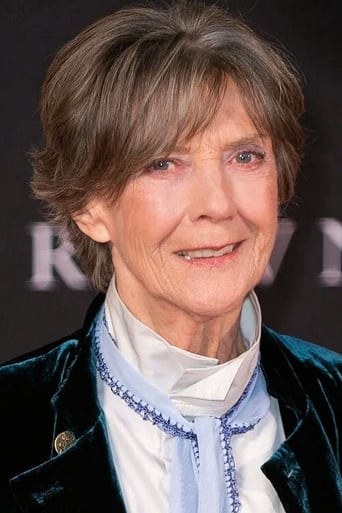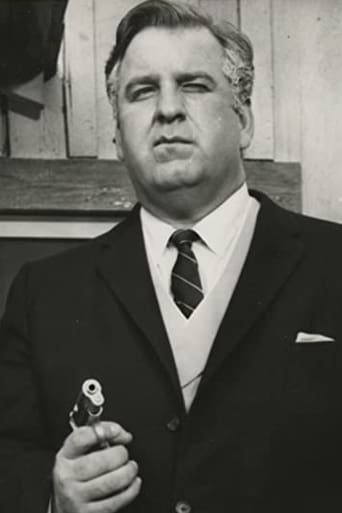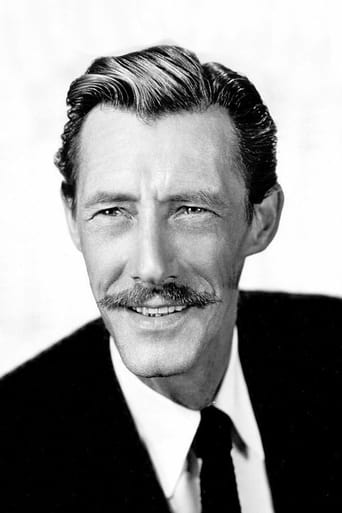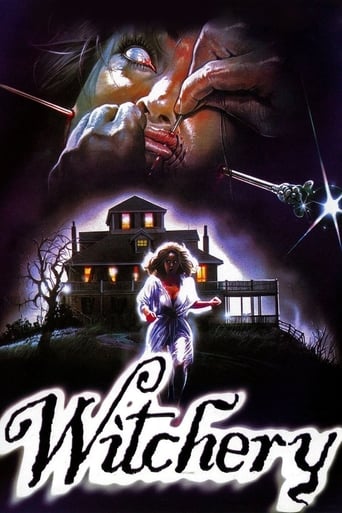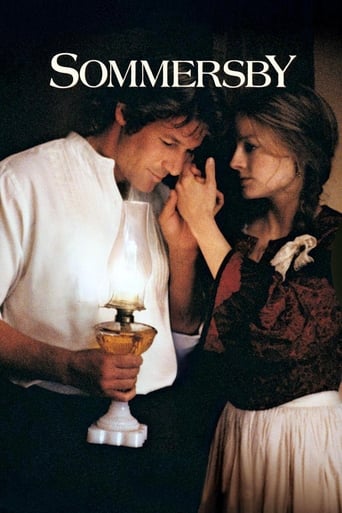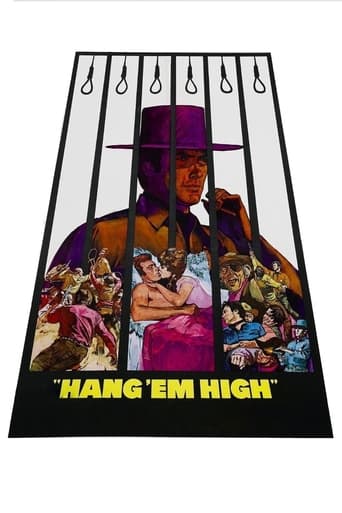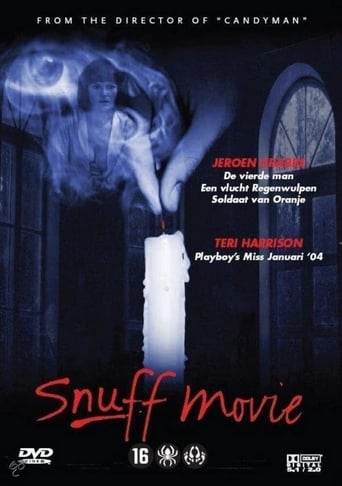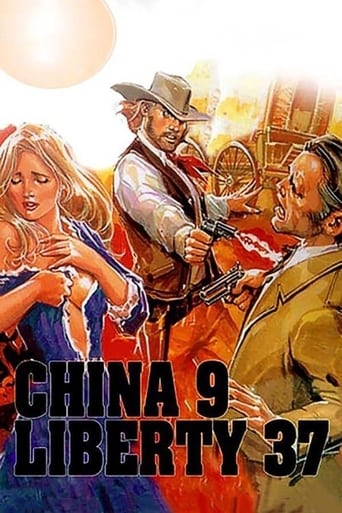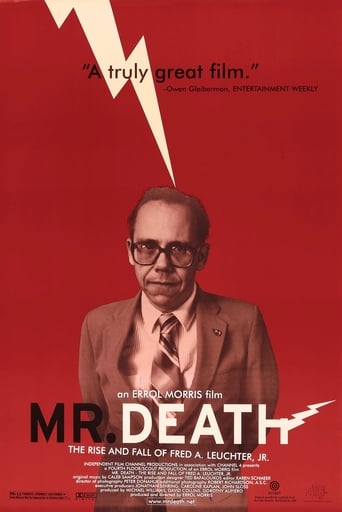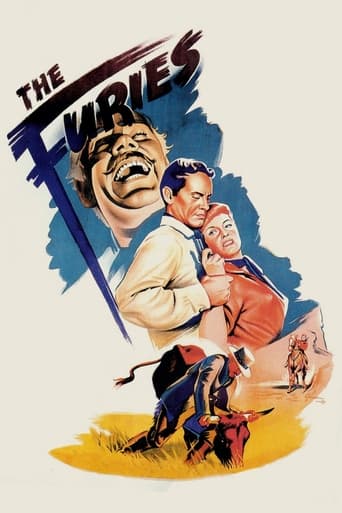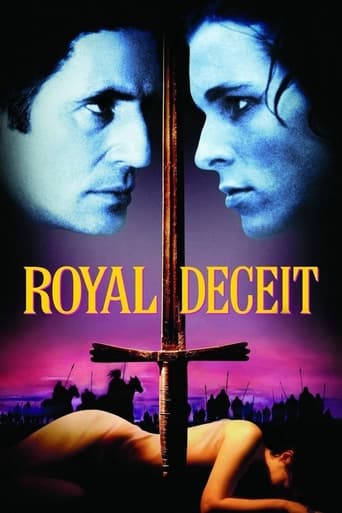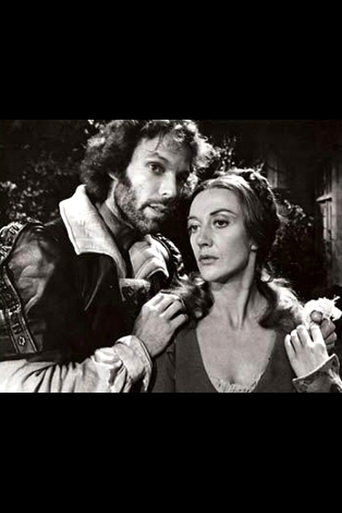

The Lady's Not for Burning (1974)
A war-weary soldier who wants to die tries to convince a zealous cleric to accuse him of witchcraft and hang him instead of a beautiful condemned woman already accused of witchcraft who wants to live.
Watch Trailer
Cast


Similar titles
Reviews
You won't be disappointed!
In truth, there is barely enough story here to make a film.
I cannot think of one single thing that I would change about this film. The acting is incomparable, the directing deft, and the writing poignantly brilliant.
This is a coming of age storyline that you've seen in one form or another for decades. It takes a truly unique voice to make yet another one worth watching.
This videotaped adaptation of Christopher Fry's 1948 play "The Lady's Not for Burning" was a PBS broadcast for Hollywood Television Theatre on Nov 18 1974, long revered as the finest filmed version to be produced. Richard Chamberlain as Thomas Mendip is the soldier seeking death rather than a life filled with dreariness, Eileen Atkins the comely Jennet Jourdemayne, falsely accused of witchcraft, both finding a kind of solace in each other's presence after a pair of brothers make unsuccessful passes at her. Thomas wants to be executed for the murder of Old Matthew Skips, happily confessing to the incredulous mayor (Keene Curtis) who refuses to take him seriously. Jennet's connection to Old Skips is to have turned him into a dog, a servant making the charge of witchcraft after hearing the cry of a peacock, assuming it was the devil himself. Prejudice in the Middle Ages has seldom enjoyed a better showcase, capped by the final reel appearance of the man in question, Old Skips, played by the venerable Shakespearean John Carradine, quite a hoot as the drunken sot whose absence is explained by his being away visiting his daughter: "peace on earth and good tall women!"
I saw this performance on PBS many years ago, taped it, and watched it again several times before I lost the tape by lending it to a "friend." Chamberlain's performance is transcendent, and that's not a word I use very often. He convinced me that he is one of America's greatest actors, one of the few who is comfortable with lyrical, poetic language, such as Fry's, and who is totally convincing as a romantic lead. Eileen Adkins is perfect as the cynical Jennet, possible the equal of Pamela Brown who was closely identified with the role. This film needs to be released on DVD so that a new generation can discover the drama of Christopher Fry and see Chamberlain at his best.
I fell in love with Richard Chamberlain the night I saw this. If I saw it in 1974, then I was, god help us all, twelve years old. So long ago, and so different a person, and I retain a memory of it that is bright and painful, like sunlight."The Lady's Not for Burning" is a world-weary play about the darkness of the human soul, and about the grace that sometimes shines through that darkness and blesses the ones it shines upon.The setting is a generic town in the generic middle ages. Jennet, a lovely woman of some property, is identified and hounded as a witch, the excuse being that the old rag-and-bones man has been found dead. The mayor of the town promises to hang her tomorrow, but just that night, he's busy with an important party. A mercenary, Thomas Mendip, who has seen too much of the world, demands to be hanged because it was he who killed the rag-and-bones man. The mayor refuses Thomas's request, and insists that Jennet must be hung on the following day. The discussion of who is to be hanged, and why, is so funny you can hurt your sides laughing, and so grim that you want to cry.The play is, throughout, a darkly humorous portrait of the human condition. The priest who coddles his violin as if it were his only child, is utterly adrift from the world. He is unable to perform any of his proper functions as a priest, or even, really, as a human. He provides an odd counterpoint to the life and death issues that Thomas and Jennet face.This may be Richard Chamberlain's best performance. It is intense and understated. His Thomas is grim in exactly the right ways, with his generosity and sweetness expressed in his despair, a neat trick, even for a good actor. I've seen Chamberlain in other productions, but none of those performances seem as nuanced and sharply defined as this one.The later production, starring Branagh, is less impressive. As a general rule, Branagh is a better actor, but in this particular case, he is too arrogant. Chamberlain plays the flamboyant role of Thomas with a humility that makes the character more tragic, and funnier, and in the end, more satisfying than Branaugh's more dramatic rendition. Branaugh draws attention to himself in his role as Thomas, while Chamberlain's performance more realistically portrays what the character is trying to do, not draw attention to himself, but draw attention away from Jennet.The spirit of this play is very similar to many of Tom Stoppard's plays. And both of them have a strong resonance of Shakespeare.I, too, wish that they would release the PBS version of "The Lady's Not for Burning." Failing that, I wish it weren't so hard to find either of the other two productions. Surely, it's time for another production? It's such a brilliant play.(Please note: I'm doing the plot summary from memory. I may well have some details wrong. If so, I humbly beg your pardon.)
One of the great poetic drama works of the 20th century, this has been televised three times; in 1954 with Christopher Plummer, Richard Burton(from the original Broadway cast that starred John Gielgud)and Mary Ure, this version and a later one. Would that this one could be on DVD. Fry has been trying to get this one done again definitively. It is known for the paraphrase Margaret Thatcher made of it when she said, "The lady's not for turning!" Set on a sunny rainy afternoon,and evening in the Middle Ages,the play is a whimsical-serious parable of the aftershock of World War Two, the meeting of a soldier wanting to end it all and a lovely young woman accused of witchcraft and sentenced to burning. It's for people who love language and the interplay of rich comic characters (the townspeople are hysterical).


